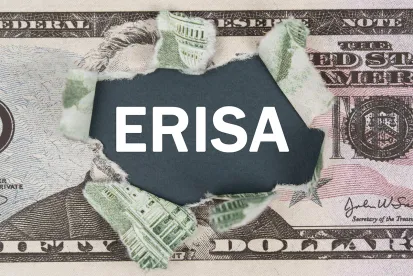Previously, we discussed the Seventh Circuit’s August 2022 decision applying the context-specific language in the Supreme Court’s Hughes v. Northwestern decision to affirm the dismissal of an excessive fee case brought against the Oshkosh Corporation. On September 22, 2022, a federal judge in the Northern District of Illinois dismissed a similar excessive fee case brought against the Exelon Corporation. In Baumeister, et al. v. Exelon Corp., plaintiffs claimed breach of fiduciary duty by Exelon’s 401(k) plan fiduciaries based on the failure to monitor recordkeeping, investment advisory, and investment management costs under Exelon’s 401(k) plan. The district court dismissed the case, stating that, similar to Albert v. Oshkosh, the plaintiffs’ pleadings did not include sufficient context-specific facts to rise to the level of plausibility required to survive a motion to dismiss.
In Oshkosh, the plaintiffs relied on comparisons between the Oshkosh plan’s related costs and fees of other “comparable” 401(k) plans. The Seventh Circuit rejected the argument that the comparison charts alone created a “reasonable inference” of a violation of fiduciary duties, stating that the plaintiffs failed to establish that the comparator recordkeeping fees and investment funds used were appropriate benchmarks. In Exelon, the plaintiffs featured comparison charts nearly identical to those in Oshkosh without further elaboration as to why, for example, the selected comparators for recordkeeping and investment advisory services were of a similar nature and quality to those offered by Exelon. Without facts having been pled showing that the comparator data was an appropriate benchmark, the Court held that the data itself is insufficient to support a claim for breach of fiduciary duty.
With regard to investment management costs, plaintiffs asserted that the comparator funds are 1) “more affordable than Exelon’s challenged funds,” 2) feature “substantially similar investment mixes,” 3) have “the same or better performance,” and 4) feature “substantially similar investment strategies and underlying assets.” The court concluded that comparator data with factual similarities, if supported by more than conclusory remarks, would provide the context necessary for plaintiffs’ claims to survive a motion to dismiss. The court concluded that the mere conclusory remarks to that effect were not enough.
Ultimately, the case was dismissed without prejudice for failure to state a claim, with plaintiffs given until October 31, 2022 to file an amended complaint satisfying the Oshkosh pleading standard. Although an evolving area of ERISA litigation, the courts in the Seventh Circuit continue to narrow the pleading standard for excessive fee and breach of fiduciary litigation.



 />i
/>i
